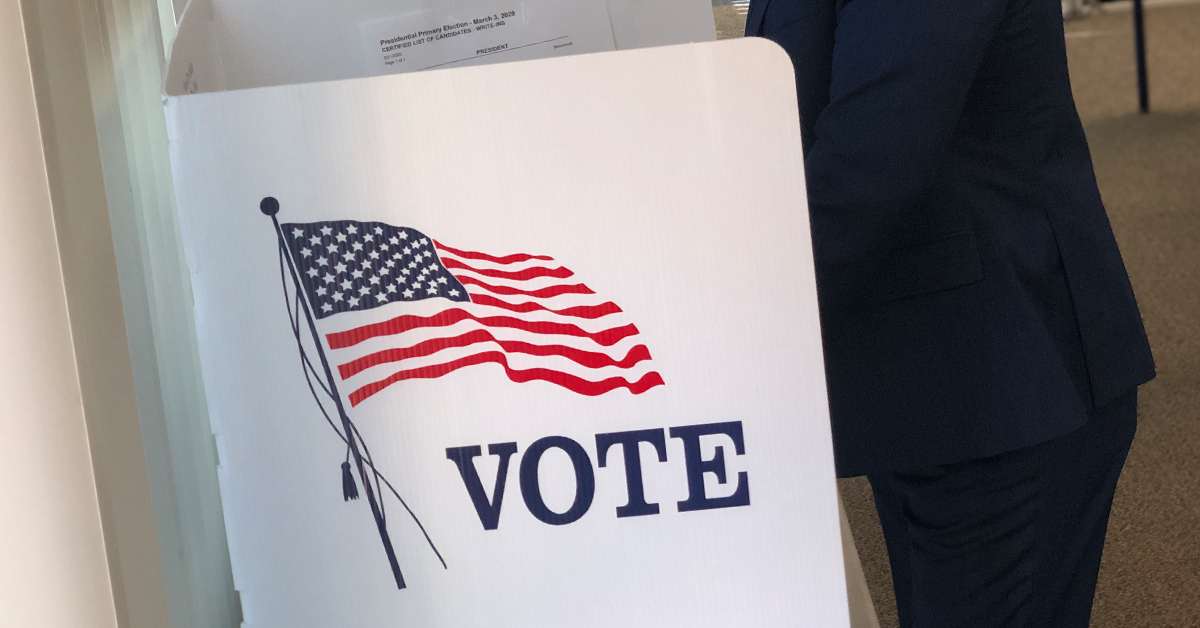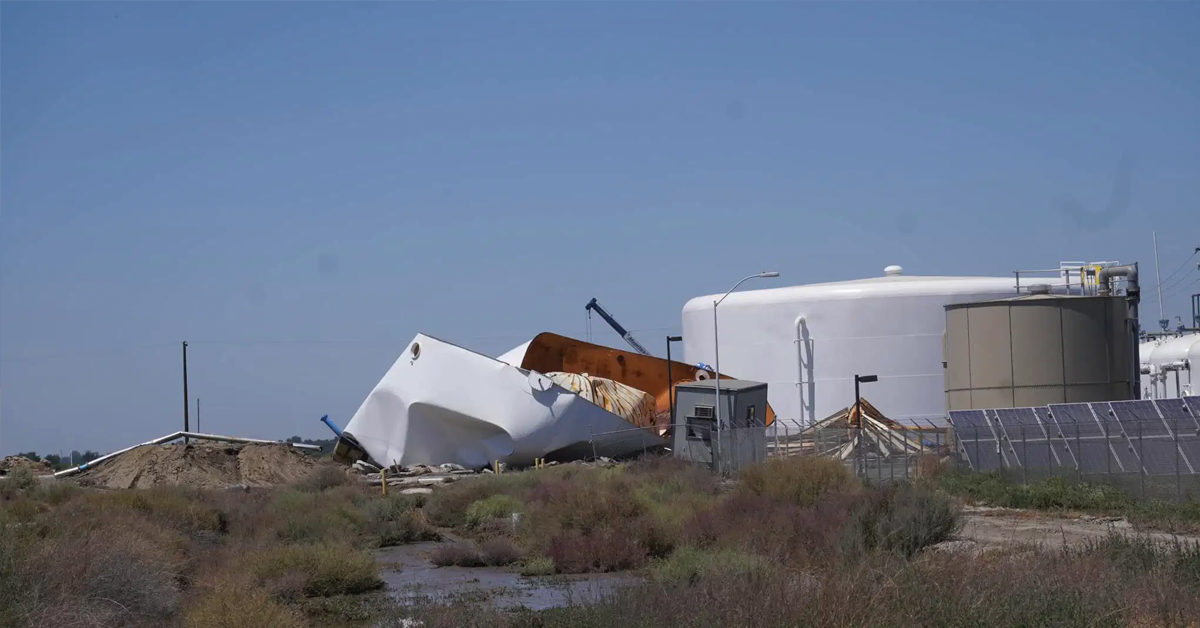In an effort to do their part in water conservation, the City of Hanford is doubling down its warnings to residents and businesses of Gov. Gavin Newsom’s most recent drought orders along with the city’s own drought response measures.
Hitting the driest months in the last several years within the first three months of 2022, the State of California has been hit with a severe, multi-year drought reaching the worst ever recorded in state history. Governor Newsom issued Executive Order N-7-22 on March 22, 2022 in order to fight the drought, mandating local water suppliers, such as the City of Hanford, to implement Level 2 water conservation measures identified in their Water Shortage Contingency Plan.
In the heart of agriculture, Hanford life revolves around water conservation.
Chapter 13.04 of the Hanford Municipal Code already cites and mandates several water conservation measures included in the Governor’s Order, such as:
- Hotels must give patrons option to reuse linens and towels
- Restaurants serve water only upon request
- No Community car wash fundraisers
- All new commercial car washes must use recycled water
- General prohibition against waste of water
- No watering within 48 hours of measurable rainfall
- No watering between 10 AM and 6 PM
- Automatic shut off nozzles on water hoses
- Limiting outdoor watering to just two (2) days per week, based on the address
- Prohibiting run-off onto hardscaped areas
- Requiring customers to repair water leaks
- Only recirculating fountains are allowed
- Prohibition against planting rye grass
Newsom recently ordered for residents to no longer irrigate “non-functional” turf in industrial, residential, and institutional areas. The Order defines “non-functional turf” as grassy areas that are “ornamental and not otherwise used for human recreation purposes such as school fields, sports fields, and parks.”
For instance, mow strips and ornamental side lawns adjacent to commercial, industrial, and institutional facilities are considered to be “non-functional turf”. Turf that is placed and taken care of by the Home Owners Association is included in this ban as well.











